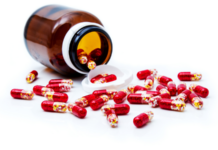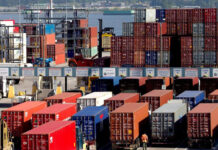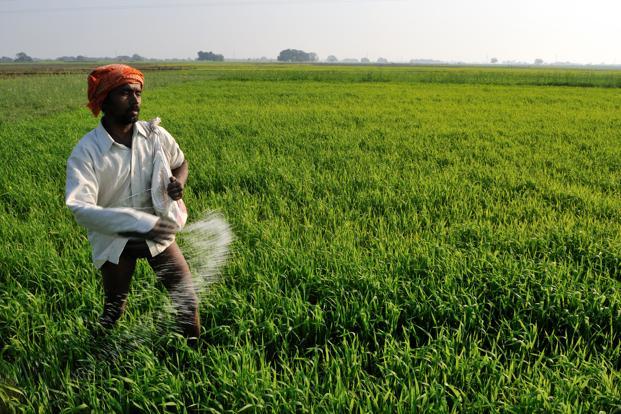KARACHI: Profitability of Pakistan’s fertilizer manufacturers have surged 67 per cent year-on-year (YoY) to Rs8.3 billion in the second quarter 2018, primarily due to higher gross profit margins of 29 per cent in the said period, up by 7ppts YoY coupled with an increase in revenue by 15 per cent YoY to Rs66 billion.
Net sales of fertiliser companies depicted improvement due to increase in urea prices by 8 per cent YoY, and increase in DAP sales and prices by 14 per cent YoY and 20 per cent YoY respectively.
The profitability analysis is based on a sample of 4 largest listed companies, namely Fauji Fertilizer (FFC), Engro Fertilizer (EFERT), Fatima Fertilizer (FATIMA) and Fauji Fertilizer Bin Qasim (FFBL). The unconsolidated statements of FFBL and FFC, and consolidated statements of EFERT and FATIMA for a true depiction of their fertilizer business. This sample of 4 companies makes above 90 per cent of the fertilizer production in Pakistan.
On the other hand urea sales volume went down by 19 per cent YoY during April-June 2018 which was primarily due to high base effect, wherein 1.06 million tons were sold alone in June 2017 in anticipation of cut down in cash subsidy.
Gross margins of the industry improved to 29 per cent, up by 7ppts YoY due to higher retention prices coupled with minimal discounts amidst tight supply. To recall, during the second quarter 2017 fertiliser manufacturers offered heavy discounts to sell their stock in the market as NFML was offloading its old stock of urea at a discounted rate of Rs1300/bag, that forced manufacturers to offer discounts.
“Selling and distribution cost of the industry is down by 3 per cent YoY due to lower handling cost amid normalized inventory level,” said an analyst Shankar Talreja of Topline Securities in his report.
Other operating expense increased by 61 per cent YoY due to exchange losses incurred by companies on foreign exchange payables and foreign loans. While, other income fell 40 per cent YoY as cash subsidy was reduced to Rs100/bag on urea vs. Rs156/bag in the second quarter 2017 coupled with its recognition till May 07, 2018. Further replacement of cash subsidy on DAP with reduced sales tax is also a reason behind lower other income.
Finance cost fell substantially by 32 per cent YoY to Rs1.6 billion due to the improved working capital of the manufacturers amid availability of cash flows from GIDC accruals.
Effective tax rate during second quarter 2018 remained at 37 per cent vs. 40 per cent last year, as EFERT recorded tax reversals of Rs1 billion (another Rs 1 billion would be recorded in the second half 2018) on account of lower projected tax rates in forecasted years (from 30 per cent to 25 per cent till FY23).
Among players, Fatima outperformed its peers in terms of urea sales by witnessing volumetric growth of 22 per cent YoY to 158,000 tons, while EFERT and FFC saw decline of 10 per cent and 8 per cent respectively. On DAP side, EFERT outperformed peers by posting growth of 106 per cent YoY in its volumes at 120,000 tons, followed by FFC 81 per cent YoY. Whereas, FFBL’s volume were down by 27 per cent YoY to 66,000 tons.
On profitability side, Fatima and FFC showed robust performance with 182 per cent YoY and 51 per cent YoY growth in their bottom-line due to 31ppts YoY and 5ppts YoY respectively rise in their GP margins. Similarly, EFERT posted growth of 32 per cent YoY in its profit due to decline in finance cost 42 per cent YoY and lower effective tax rate of 33 per cent in the second quarter 2018 vs. 41 per cent in SPLY.

























